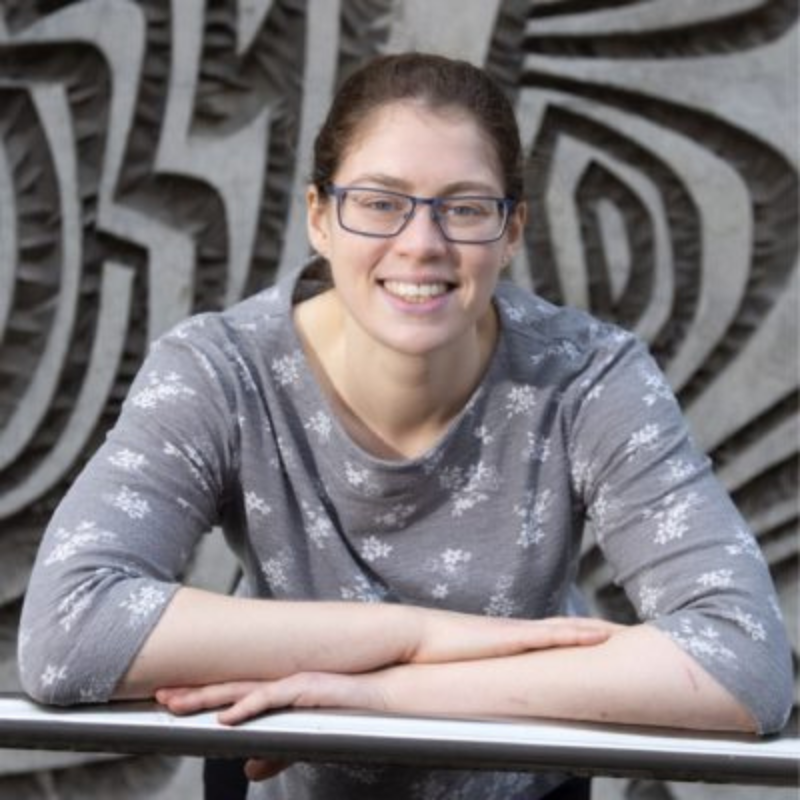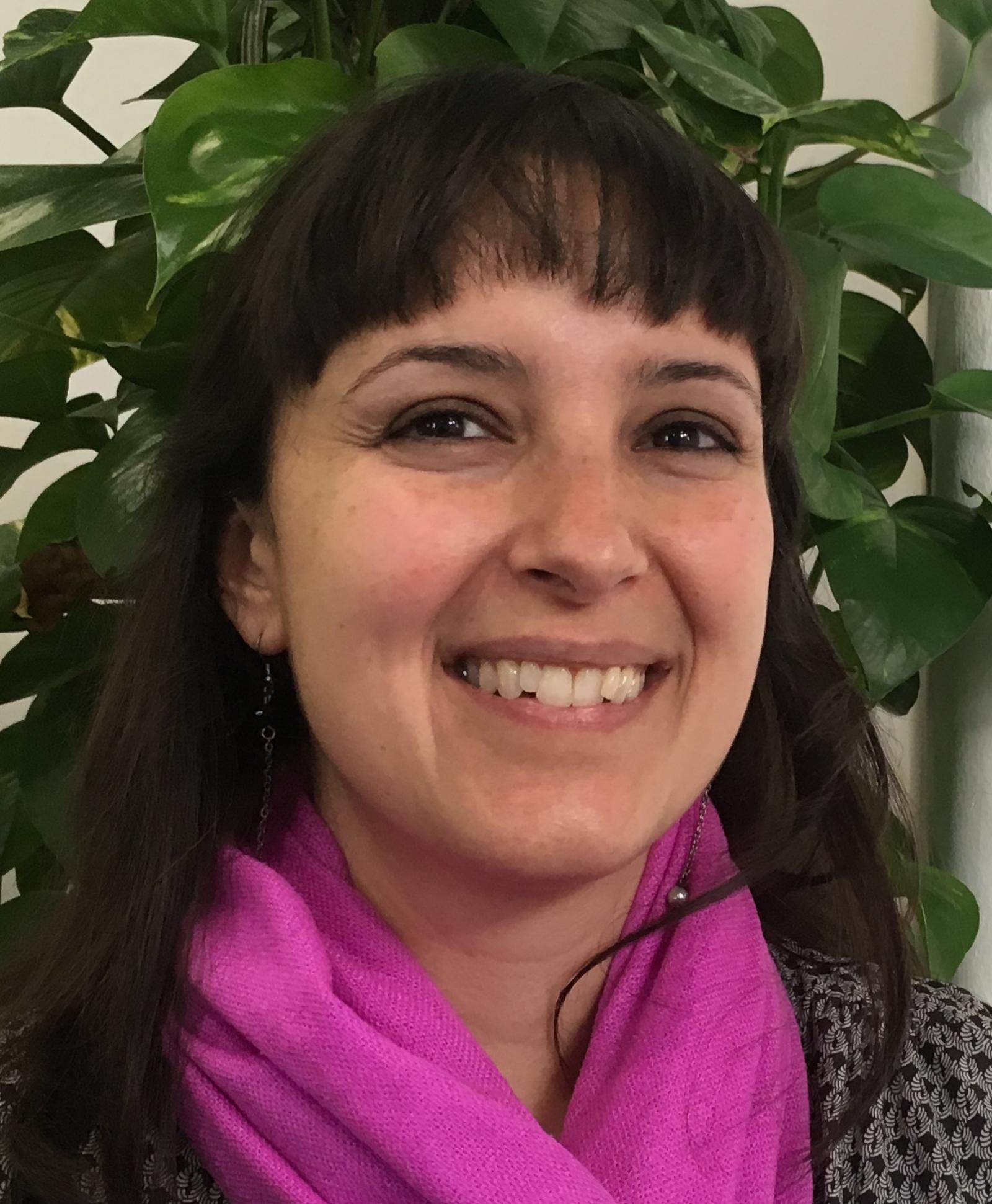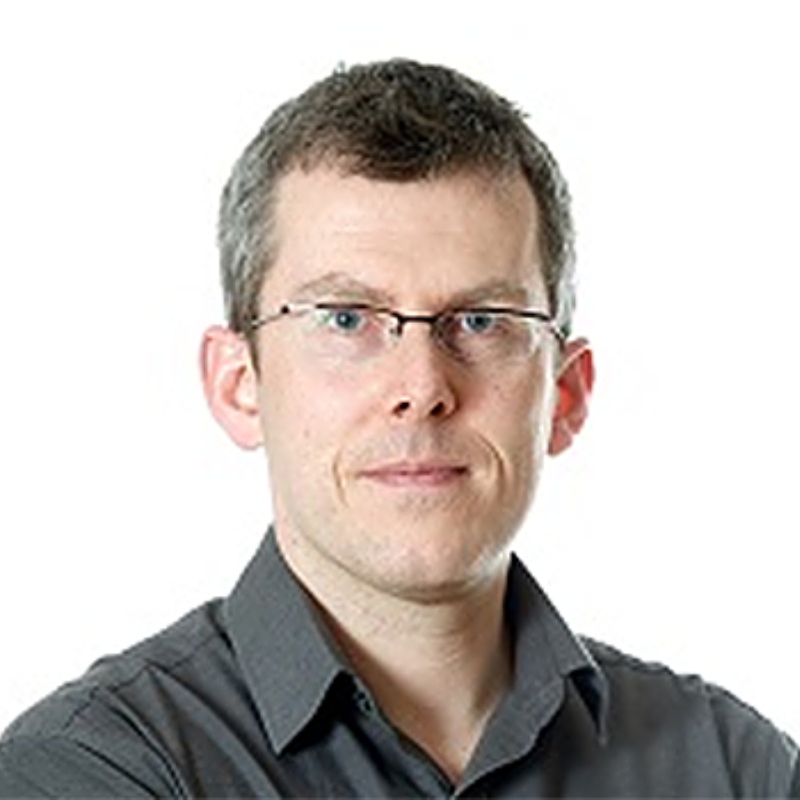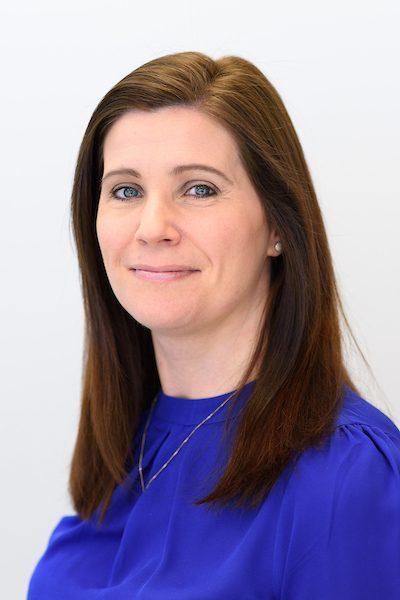By 2050 70% of the world’s population will live in urban areas. Scotland’s urban places have mountains of data but also infinite demand for services, living spaces and economic activity. Placemaking is one obvious answer to making more sustainable, rational decisions on where and how we live. COP 26 showed that without change, many communities globally will die and others everywhere face a dismal future. However public bodies, private companies and our people all act separately. Individual plans, decisions and actions often work against each other. Left untouched we will make poorer decisions, storing up problems for the future rather than placemaking better ways of living now. Therefore, we need to collect and harness valuable data to see the true picture of how our urban spaces are working and being used. That in turn needs to inform joined-up decision making to make better, viable, sustainable places. The question is, how do we achieve that?
This webinar explains the purpose, value and practice of data based placemaking. It will discuss the objectives of placemaking in the shaping of services and projects, the opportunities to support more prosperous competitive places and how to deliver effective placemaking in practice with data.
Across the public and private sectors, there is a growing awareness of - and focus on - place and placemaking, recognising two important principles. Public and private sector investment which reflects holistic planning across agency and service boundaries is more likely to be successful and better value for money. Decisions on services and projects which are informed and driven by the communities they are designed for will have higher levels of engagement and use. Collecting and interpreting available data is critical doing these things successfully.
Delivering effective data based placemaking requires a seamless approach to collecting data, interpreting it and using it to better inform decision making. Adopting a data based placemaking approach can enable public assets to be deployed collaboratively to deliver joined up services, give communities better outcomes, realise savings and efficiencies and facilitate greater economic growth. So, what are the practical steps required to foster and deliver this in Scotland?
Diarmaid Lawlor will consider the value of designing and delivering better public services using data. Yalena Coleman will discuss the role of data in placemaking for more prosperous, competitive places. Gemma Cassells will reflect on data, placemaking and a new idea of what local means.
Key points

Lead Strategist, City Region Deal
Data Driven Innovation Initiative, University of Edinburgh

Solution Architect
Connected Places Catapult

Associate Director – Place, Housing & Economic Investment
Scottish Futures Trust

Chief Executive
ScottishCanals
10:00 Chair's opening remarks
Catherine Topley, Chief Executive, Scottish Canals
ScottishCanals
10:05 Designing and delivering better public services using data
Diarmaid Lawlor, Associate Director – Place, Scottish Futures Trust
SFT_Scotland UrbScotland
10:20 The role of data in placemaking for more prosperous, competitive places
Yalena Coleman, Solution Architect, Connected Places Catapult
CPCatapult
10:35 Placemaking, data and a new idea of local
Gemma Cassells, Lead Strategist – City Region Deal, Data Driven Innovation Initiative, University of Edinburgh
DataCapitalEd
10:50-11:00 Discussion and Q&A
Catherine Topley, Chief Executive, Scottish Canals
ScottishCanals

Gemma Cassells
Lead Strategist, City Region Deal
Data Driven Innovation Initiative, University of Edinburgh
After completing my PhD (University of Edinburgh School of GeoSciences) in 2013, I initally worked for NGOs and in academia, pursuing my interests in the application of science to current environmental problems, and how best to communicate this to policymakers and the public. Working for local authorities, I have become an expert in the use of data driven innovation in to support public service delivery, developing strategic thinking, leadership, negotiation and facilitation skills. I use service design tools and participatory methods to co-design effective services, particularly around smart cities, sustainability and improving the use of data for decision making. My experience and expertise was recognised with the award of Chartered Geographer and I am a Fellow of the Royal Geographical Society.
My PhD researched issues surrounding the use of remote sensing for mapping forest cover change in Malawi, with regards to in-country sustainable forest management activities as well as the monitoring, reporting and verification requirements of REDD+. This technical experience has given me a thorough grounding in statistical analysis and carbon accounting at local, national and international levels. My research also allowed me to pursue my interests in developing innovative strategies for tackling our current environmental challenges, and looking at the gendered impacts of environmental issues, which I explored further through both paid and voluntary work with New Course.

Yalena Coleman
Solution Architect
Connected Places Catapult
Yalena is a technology and data specialist who has worked across Europe, Asia and Africa, with a focus on data governance, digital strategy, software and product development, IoT, and cybersecurity. She is currently a Solution Architect at Connected Places Catapult, the UK’s innovation accelerator for places – covering verticals or ecosystems such as local decision making institutions, transport and new mobility, sustainability, wellbeing, critical infrastructure, and the built environment. Her primary focus is on CPC’s impartial ‘innovation as a service’ offering to catalyse step-change improvements in the way people live, work and travel.

Diarmaid Lawlor
Associate Director – Place, Housing & Economic Investment
Scottish Futures Trust
Diarmaid is the Associate Director for Place, Housing & Economic Investment at the Scottish Futures Trust.
He was previously Head of Urbanism with Architecture and Design Scotland. An urbanist, with a multi disciplinary background, he has worked on projects involving the shaping and implementation of change for clients in Ireland, the UK and Europe, for the public, private and tertiary sectors. He has almost 20 years' experience of helping clients make well informed decisions about complex, connected urban policy and investment challenges. He is an educator, communicator and collaborator who writes and speaks on creative approaches to making better places.

Online
Fees
How to book
You can book to attend, or order the video only, in 3 ways:
Select book now on the right hand side of this page, fill in the form on that page and click the 'send booking' button
Call 0131 556 1500
Email mail@mackayhannah.com
Webinar fees
Delegate fee (includes video recording) – £49 +VAT
Video recording (should you wish to purchase a video recording without registering to attend the webinar) – £40 +VAT
Group discount – organisations booking 3 or more delegates will receive every third delegate place free of charge (please complete further forms if necessary)
Payment
We do not currently accept payments online and will send you an invoice.
You have the option of paying by BACS or card.
BACS details will be included on the invoice.
If you wish to pay by card, please tick the appropriate box on the booking form and a member of our staff will contact you by telephone to take the payment.
Alternatively you may call 0131 556 1500.
Book delegate places or purchase video recording.

I really enjoyed this event. I have been for the last two years and truly value the event as well as the networking opportunities. The venue was also excellent and provided the best lunch that I have ever had at a conference! Delegates feedback form, ACES 2015
